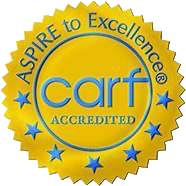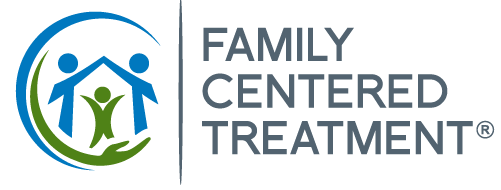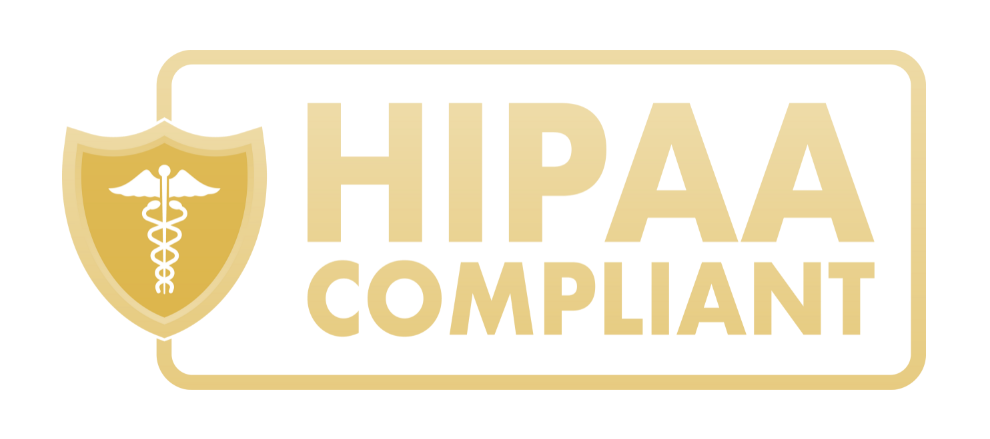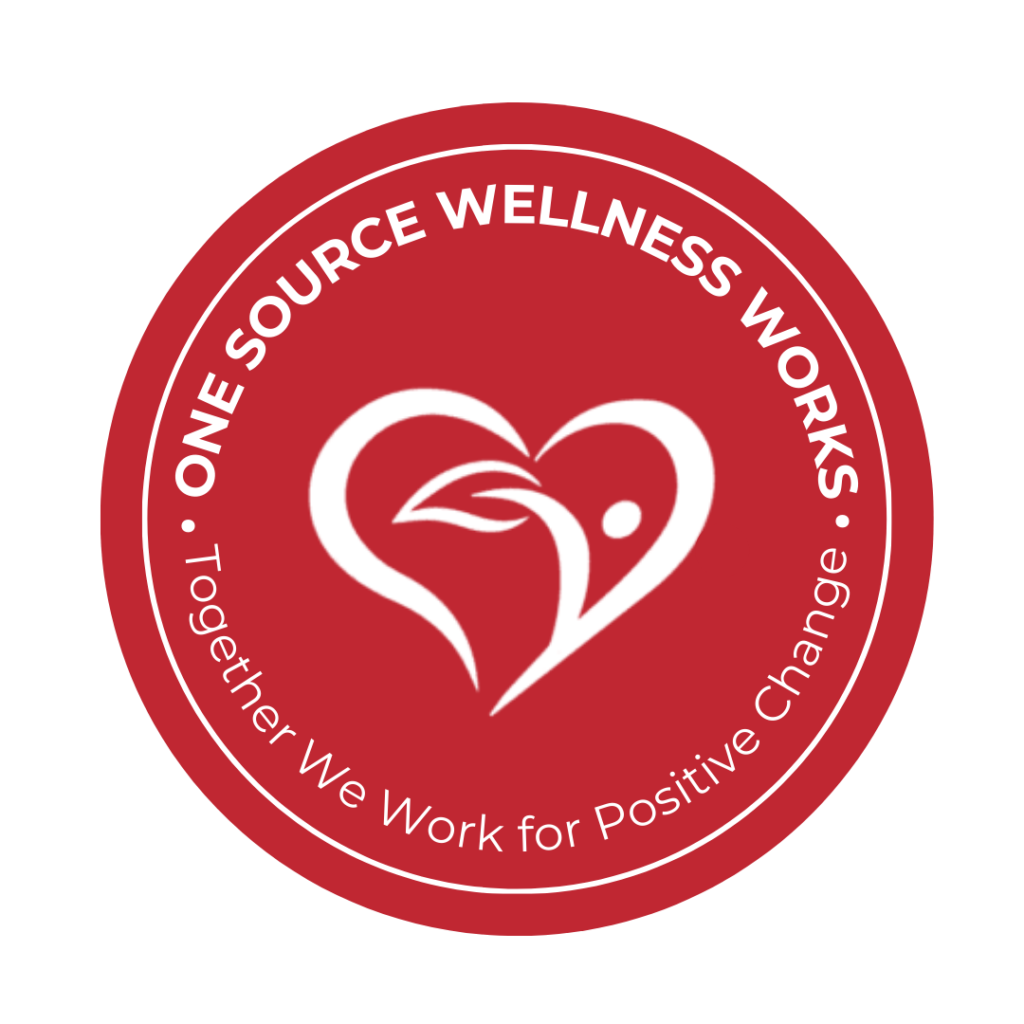5 Anger Management Books That Can Transform Your Life

Anger is a natural feeling that everybody experiences from time to time. However, uncontrolled anger can have detrimental effects on our mental and physical well-being, as well as our relationships. Anger management is crucial in today’s stressful world, and one effective way to gain control over anger is through reading. In this article, we will explore five top-notch anger management books that have the potential to transform your life. Whether you’re seeking to manage your anger, improve your relationships, or find effective techniques to cope with this powerful emotion, these books can be a valuable resource. So, if you’re looking for anger management guidance beyond what you might find at a behavioral therapy center in Towson, MD, or through individual behavioral therapy in Maryland, these books are a great place to start.
The Anger Trap
“The Anger Trap” by Dr. Les Carter is a comprehensive guide that delves deep into the psychology of anger. Dr. Carter, a renowned psychologist, explores the root causes of anger and offers practical strategies for breaking free from the anger trap. This book emphasizes the importance of understanding the underlying issues that trigger anger and provides insights into how to navigate through them. Readers will learn valuable skills to manage anger and gain control over their emotional responses.
Anger: Wisdom for Cooling the Flames
Thich Nhat Hanh, a Zen master and mindfulness expert, offers a unique perspective on anger management in his book “Anger: Wisdom for Cooling the Flames.” This book draws on mindfulness practices to help readers transform their relationship with anger. Thich Nhat Hanh provides guidance on how to recognize anger’s roots and employ meditation and mindfulness techniques to cultivate inner peace. His teachings can benefit those seeking trauma-informed treatment and are looking for alternative ways to manage their anger.
Dance of Anger
In “The Dance of Anger,” Dr. Harriet Lerner explores the intricate dynamics of anger in relationships, particularly focusing on women’s experiences. Dr. Lerner, a renowned psychologist and relationship expert, examines how anger can be both a barrier and a catalyst for change in relationships. Through real-life examples and practical advice, this book known as one the best anger management books provides readers with insights into healthy communication and conflict resolution. Whether you’re dealing with anger issues personally or in your relationships, this book offers valuable guidance.
When Anger Hurts: Quieting the Storm Within
“When Anger Hurts” is a collaborative effort by psychologists Matthew McKay and Peter D. Rogers. This book offers a comprehensive approach to anger management, drawing from cognitive-behavioral therapy techniques. Readers will find practical exercises, self-assessment tools, and step-by-step strategies to gain control over their anger. The book also addresses how anger affects relationships and offers guidance on improving communication and emotional intelligence.
The Cow in the Parking Lot: A Zen Approach to Overcoming Anger
“The Cow in the Parking Lot” takes a Zen-inspired approach to managing anger. Authors Leonard Scheff and Susan Edmiston combine Eastern wisdom with practical techniques to help readers deal with anger’s challenges. This book picked from one the best anger management books provides a fresh perspective on anger and teaches readers how to let go of grudges and resentment through mindfulness practices. By incorporating Zen principles into daily life, individuals can transform their relationship with anger and find greater peace and understanding.
Conclusion
Anger is a powerful emotion that can have negative consequences on our lives and relationships if left unmanaged. These five anger management books offer valuable insights and practical techniques to help individuals gain control over their anger, improve their relationships, and find inner peace. Whether you’re seeking solutions beyond what a behavioral therapy center in Towson, MD, or individual behavioral therapy in Maryland can provide, these books can be transformative tools on your journey to managing anger effectively. Remember, with the right resources and determination, you can transform your life and develop healthier ways to cope with anger.
FAQS
Recent post
Feedback
[testimonial_view id=”2″]
Why is Anger Management Important?
Anger management is crucial because it helps individuals develop healthier ways to cope with and express their anger. Uncontrolled anger can lead to destructive behaviors, strained relationships, and adverse health effects. Learning effective anger management techniques fosters emotional regulation, reduces stress, and promotes healthier interactions, ultimately improving overall well-being and interpersonal connections.
Q) Can Anger Management Books Benefit Relationships?
Yes, anger management books can significantly benefit relationships. Anger often plays a destructive role in relationships, leading to conflicts, hurt feelings, and strained connections. Anger management books offer insights into the causes of anger and provide effective strategies for managing it. By reading and applying the principles outlined in these books, individuals can learn how to communicate more effectively, resolve conflicts peacefully, and develop greater empathy and understanding toward their partners. As a result, relationships can become stronger, healthier, and more fulfilling.
Q) What Are Some Common Anger Management Techniques?
Common anger management techniques include several strategies that help individuals cope with and control their anger. These techniques involve practices like deep breathing, where slow, deep breaths can help calm the body’s stress response, and mindfulness meditation, which helps people become more aware of their anger triggers and respond calmly. Cognitive restructuring involves identifying and challenging irrational thoughts contributing to anger, while improving communication skills like active listening and assertiveness helps express anger constructively. Time-outs and physical activity can also play vital roles in reducing anger by providing emotional space and managing stress.
[testimonial_view id=”1″]

















